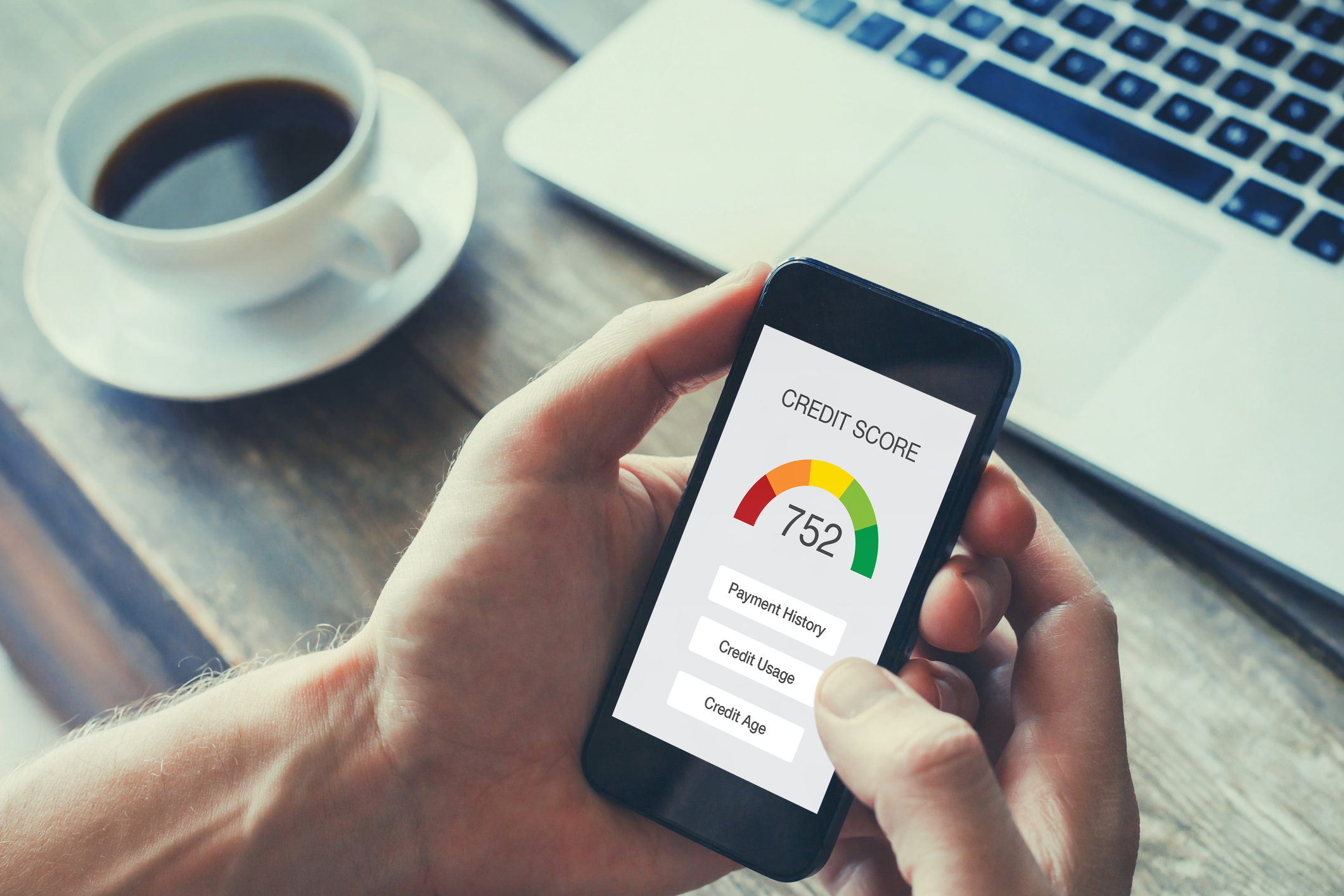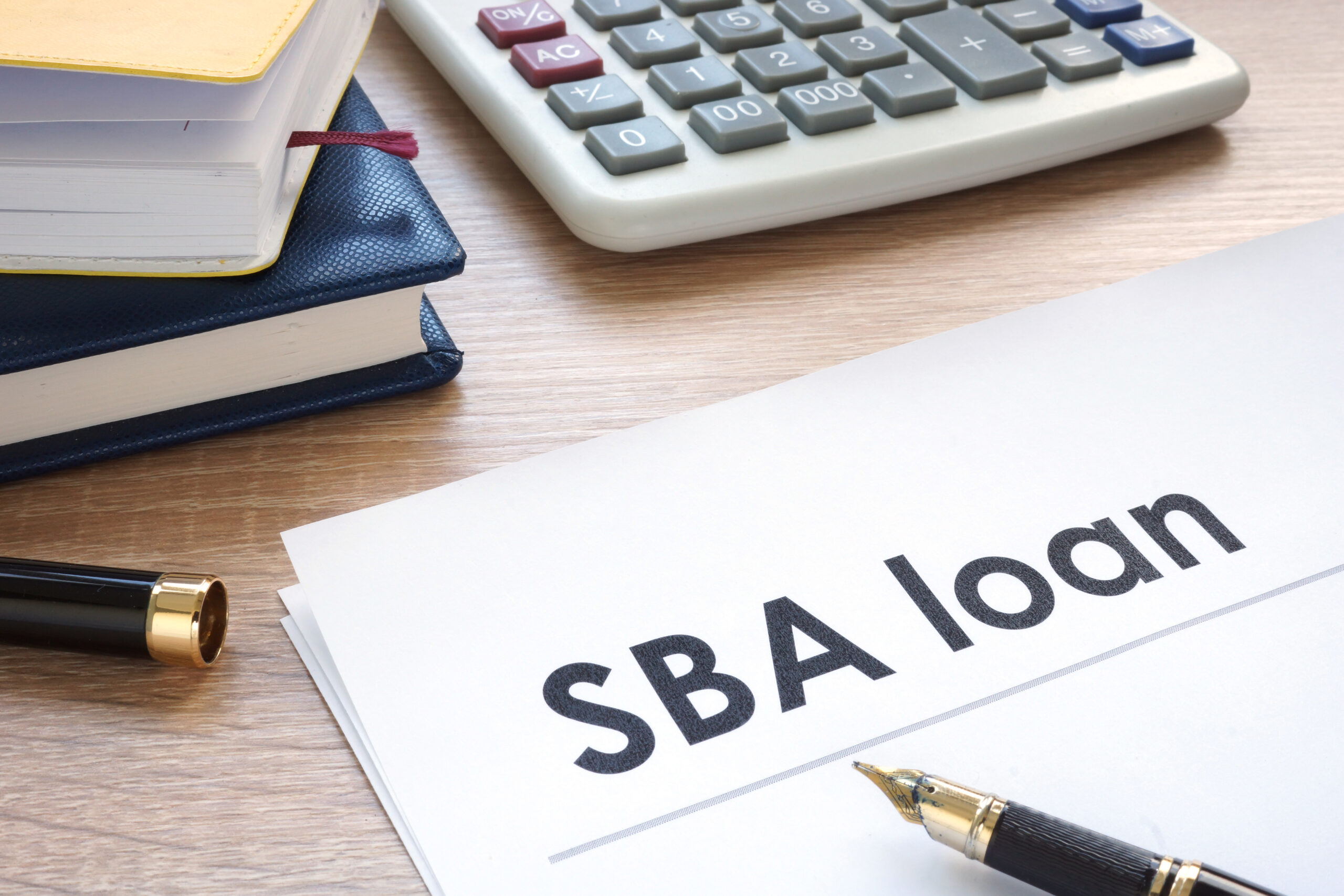FHA loans can help you buy a home when you have low-to-moderate income, a lower credit score or limited funds for a down payment. Compared to other loan types, FHA loans have more lenient requirements that allow first-time homebuyers and less qualified borrowers to attain homeownership more easily.
In this blog, we discuss how an FHA loan works and how to know if it’s right for you.
What is a Federal Housing Administration (FHA) Loan?
FHA loans are mortgage loans that are issued by banks and lenders but insured by the Federal Housing Administration. They allow you to make a down payment as low as 3.5% of the purchase price of the home, and the income and credit score requirements are less strict than many other types of loans.
These loans were created to help consumers purchase a home when they have lower income, lower credit scores or a smaller down payment.
How Does an FHA Loan Work?
FHA loans work the same way as conventional loans, but there are a few specific factors that make them unique:
- They only come in 15-year or 30-year terms.
- The minimum down payment required is only 3.5% of the purchase price.
- Borrowers must pay FHA mortgage insurance on an upfront (1.75% of the loan amount) and annual (.55% of the loan amount for most borrowers) basis.
Upfront mortgage insurance premiums (MIPs) are paid at the time of closing, or they can be financed into the loan itself. The annual premiums are paid monthly. For borrowers who put down a 10% down payment, annual MIPs are cancelled after 11 years. Borrowers who put down less than 10% will be required to make MIPs until the mortgage is fully repaid.
Common Types of FHA Loans
There are five main types of FHA loans:
- Basic Mortgage: The most commonly referred to version of FHA loan, this is a basic mortgage that is insured by the FHA.
- Home Equity Conversion Mortgage (HECM): Also known as a reverse mortgage, this loan allows seniors to withdraw some of the equity they have in their home.
- FHA 203(K) Improvement Loan: This loan allows homebuyers to purchase a home along with the cost of certain future repairs and renovations.
- FHA Energy Efficient Mortgage: This loan allows homebuyers to purchase a home along with the cost of upgrades to make the home more energy efficient.
- Section 245(a) Loan: This loan allows homebuyers with limited income to purchase a home with a low introductory mortgage payment that gradually increases over time.
How to Qualify for an FHA Loan
You must meet the following requirements to qualify for an FHA loan:
- You must have verifiable income and employment.
- You must have a FICO® Score of 580 or higher with a 3.5% down payment, or a credit score of 500 to 579 with a 10% down payment.
- Your monthly mortgage payment must not exceed 31% of your gross monthly income.
- Your monthly mortgage payment plus all your other monthly obligations must not exceed 43% of your gross monthly income.
- An FHA-approved appraiser must appraise the home.
- You must use the home as your primary residence.
- You must reside in the home within 60 days of closing.
- The home must pass inspection and meet the minimum property requirements.
Pros and Cons of FHA Loans
There are many advantages to FHA loans:
- Lower down payment requirements.
- Lower credit score requirements.
- Less strict debt-to-income requirements.
- Potentially lower interest rates.
However, there are some disadvantages to FHA loans:
- Upfront and annual MIPs can be required for 11 years or the lifetime of the loan.
- There are maximum loan amounts that vary depending on the area the home is in.
- Borrowers with good credit and a sizeable down payment may save money with other types of loans.
- The home must meet specific property requirements and serve as your primary residence.
Bottom Line
An FHA loan is suitable for first-time homebuyers with minimal cash savings for a down payment. It can also help you qualify to purchase a home if you have limited income or a lower credit score. But if you can put together a sizable down payment or you have excellent credit, you may be able to get a mortgage with better loan terms that doesn’t require insurance premiums for 11 years or the lifetime of the loan.
When you’re getting ready to buy a home, you want the strongest credit score possible, so you can get approved for the loan you want and access lower interest rates that save you thousands of dollars over the lifetime of the loan. Sign up for a MyScoreIQ credit monitoring and identity protection plan to get regular copies of your credit reports and credit scores. You gain visibility into your credit so you can make sure your credit score represents you in the best possible light.













